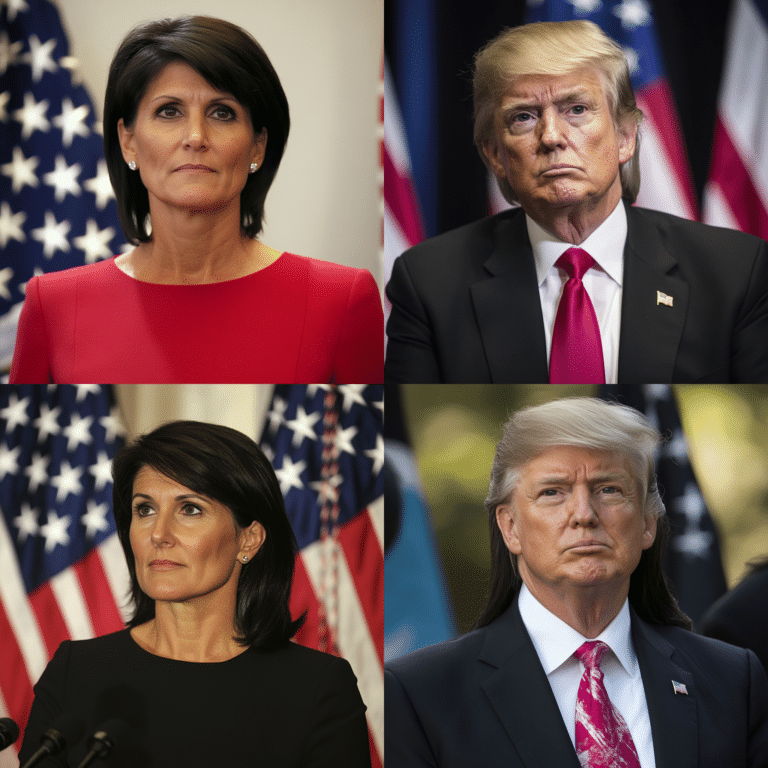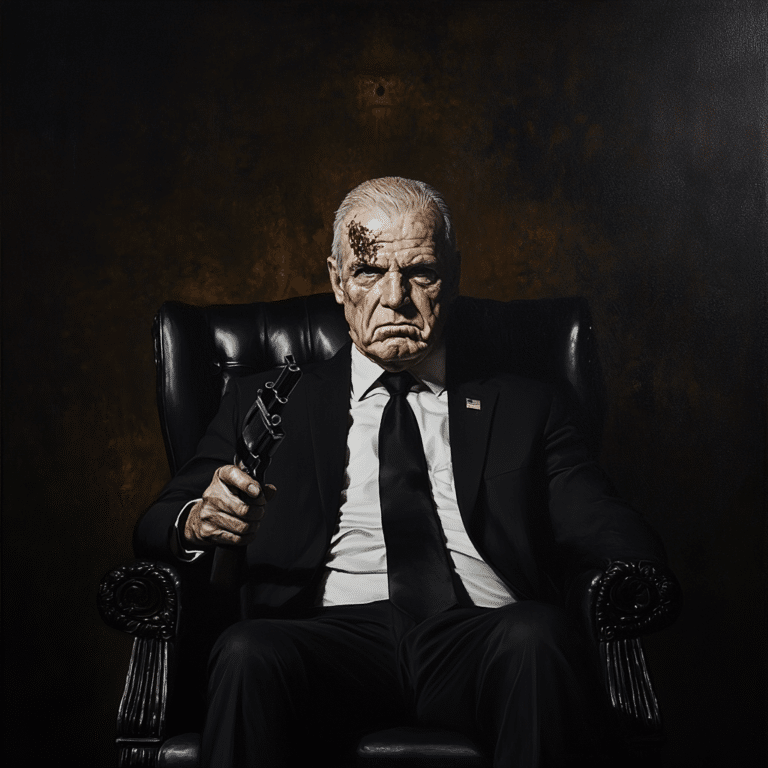Challenging the Status Quo: Batya Ungar-Sargon Takes on Media Bias
Batya Ungar-Sargon, the deputy opinion editor of Newsweek and author of “Bad News: How Woke Media Is Undermining Democracy,” is a name that rings bells in the corridors of modern journalism. A fierce critic of what she perceives as left-leaning biases in mainstream media, Batya Ungar-Sargon is unafraid to call out her own industry. Her perspectives have sparked debates across the political spectrum, making her a prominent voice in an era where journalistic integrity is often in question.
The Erosion of Objectivity: Ungar-Sargon’s Analysis
Ungar-Sargon argues that the unraveling of objective journalism is not just a right-wing talking point but a reality with dire ramifications for democracy. She highlights several instances where media outlets, such as The New York Times and CNN, purportedly abandoned neutrality in favor of a progressive agenda. For example, the controversial decision by The New York Times to revise its historical narrative to align with the 1619 Project faced substantial criticism not just from conservative media but also from historians across the political spectrum.

| Category | Information |
| Full Name | Batya Ungar-Sargon |
| Occupation | Journalist, Author, Deputy Opinion Editor |
| Notable Work | “Bad News: How Woke Media is Undermining Democracy” |
| Current Employer | Newsweek |
| Past Employers | The Forward, The New York Times, The Washington Post, Foreign Policy |
| Education | Ph.D. in 18th Century Literature from the University of California, Berkeley |
| Notable Views | Critic of “woke” culture in media, Proponent of free speech and debate |
| Published Articles | Multiple articles on politics, media, and culture in prominent publications |
| Expertise | Media criticism, American politics, Jewish affairs |
| Social Media Presence | Active on Twitter |
| Key Quotes | “Woke media is a threat to democracy.” |
| Public Speaking | Frequent speaker on media panels and at academic conferences |
The Role of Economic Interests in Media Bias
In her investigative work, Batya Ungar-Sargon delves into the economic incentives driving media organizations to cater to specific audiences. Citing advertising analytics and subscription trends, she illustrates how polarization boosts revenue for major networks like MSNBC and Fox News. “When media outlets prioritize profit over truth,” she warns, “the quality of our public discourse suffers.”
A Look at Alternative Media Voices: Tucker Carlson and Joe Rogan
Ungar-Sargon praises figures like Tucker Carlson of Fox News and independent podcaster Joe Rogan for providing alternative perspectives that challenge mainstream narratives. Carlson’s critical take on both Republican and Democrat establishment figures and Rogan’s eclectic guest lineup have garnered massive followings, proving the public’s hunger for diverse viewpoints. These voices stand in stark contrast to the often monolithic perspectives presented by mainstream outlets.

Calling Out Hypocrisy: Ungar-Sargon’s Rebuttal to Cancel Culture
Batya Ungar-Sargon also critiques the pervasive cancel culture within the media, which she claims stifles genuine debate. She references the backlash faced by Bari Weiss, a fellow journalist who resigned from The New York Times alleging a toxic work environment fueled by ideological conformity. Ungar-Sargon argues that such episodes reveal a troubling trend where dissenting voices are not only silenced but Vilified.
The Importance of Preserving Editorial Independence
According to Ungar-Sargon, ensuring editorial independence from corporate and political pressures is essential for maintaining journalistic integrity. She applauds media startups like Substack, where writers can publish without fear of external influence or censorship. “Platforms that champion editorial freedom are the future of credible journalism,” she asserts.
Bridging the Gap: Finding Common Ground in a Divided Media Landscape
Ungar-Sargon doesn’t merely focus on criticizing flaws; she also advocates for solutions. She calls for greater media literacy among the public and the establishment of bipartisan oversight bodies to monitor journalistic practices. Collaboration and open dialogue, she believes, are crucial for rebuilding trust in media institutions.
Insight and Responsibility: A New Era of Journalism
Batya Ungar-Sargon’s incisive critiques and recommendations come at a pivotal moment for journalism. As news consumers, the responsibility falls on us to demand more from our media sources, to seek out diverse perspectives, and to engage in thoughtful discourse. Ungar-Sargon’s work challenges us to envision a media landscape where truth and integrity are paramount, paving the way for a healthier, more informed democracy.
Batya Ungar-Sargon: The Media Maverick Unraveling Bias
Batya Ungar-Sargon, who’s been making waves with her sharp critiques of media bias, has quite the fascinating background. She initially stirred the pot with her tenure at the influential Jewish magazine, The Forward. There, she demonstrated how deep-seated biases in media can skew public perception. It’s interesting to see how media figures like Alec Baldwin, who was embroiled in the Rust shooting incident, are often portrayed differently depending on which outlets are reporting the news. Alec Baldwin Rust(
Beyond her critique of media practices, Batya’s insights are sometimes as surprising as a legal maneuver known as a Reconveyance Deed, which can complicate property transactions. Speaking of complicated, think about her take on how media trends influence public opinion. Did you know that in a poll to measure President Biden’s popularity amongst voters, the biases reported in various channels can drastically alter perceptions, just like the variations in Biden poll numbers.
In her spare time, who would’ve imagined Batya’s interest in engaging with community issues? Similar to the case of Adam Montgomery, whose story highlights the impact of local journalism. It’s the little-known, yet impactful, stories that she believes the media should report more. Batya’s balanced approach might stop you in your tracks—well, not literally, like an Anti-choking device does.
To tie it all together, Batya’s knack for dissecting media bias can help people better understand the narratives that shape our world. Her work digs deeper, much like evaluating if making extra payments on a loan affects the principal. In the intricate tapestry of media, Batya’s efforts reveal the genuine need for clearer, fairer, and more trustworthy reporting.






































